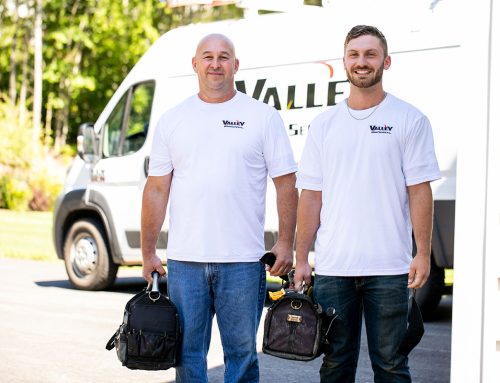
In the heating-performance and energy-efficiency debate, there are two main contenders: heat pumps and furnaces that burn fossil fuels like heating oil, natural gas or propane.
Whether a heat pump is more efficient than a natural gas furnace is a tough question to answer, as it depends on the situation and the specific heat pump or furnace.
Mini-Split Heat Pumps Offer Flexibility in Heating Your Home or Business
The debate between oil or natural gas furnaces and heat pumps shouldn’t necessarily be framed as a question of one or the other. Many Maine residents benefit from having both.
Mini-split heat pumps are inherently designed to provide localized heating, whereas furnaces that use heating oil, natural gas or propane are nearly always attached to centralized, forced-air HVAC systems. Many Bangor-area families or businesses use mini-split heat pumps to save money on their oil and fuel costs by leveraging energy-efficient mini-split heat pumps in specific rooms where they spend the majority of their time.
The drawback of oil or natural gas furnaces is they consume fuel to heat the entire building – including the rooms that remain unoccupied most of the time. It doesn’t make sense to spend hundreds of dollars heating a spare bedroom you rarely use.
The solution might be to lower the thermostat temperature for the whole home to consume less fuel, then increase the temperature on a mini-split heat pump in your bedroom and living room. That way, the rooms you’re in will stay much warmer than that empty spare bedroom.
Are Heat Pumps More Efficient Than Oil and Gas Furnaces When the Temperatures Drop Below Freezing?
In mildly cool weather, there’s not much competition between heat pumps and furnaces that burn fossil fuels. Heat pumps tend to lead the pack in efficiency by a healthy margin. The question gets more complicated when temperatures drop to the teens or lower. Advocates for gas and oil furnaces argue heat pumps lose efficiency at those low temperatures, but that argument is based on assuming that all heat pumps are made equally.
Heat pumps that are designed and sold in areas with mild year-round weather generally aren’t designed to operate efficiently at extremely low temperatures. However, heat pumps sold and installed by companies like Valley Home Services in Maine are designed with those low temperatures in mind. The models of heat pumps we sell, install and service will provide efficient heating performance even during the coldest winter temps.
The overall cost of your heating will be dependent on the cost of electricity and the cost of oil. In most cases, an efficient, high-quality heat pump designed to operate at zero or subzero temperatures will be more efficient, especially if you need targeted heating.
For Heating Individual Rooms or Smaller Structures, You Can’t Beat Mini-Split Heat Pumps
Whether you need to heat a pole barn and garage or a bedroom and home office, heat pumps are a highly efficient and affordable heating solution. If you need a whole-home, forced-air HVAC system, heating oil and natural gas furnaces may be more convenient, but they’re not necessarily the best heating option in every situation.
If you’re looking for a flexible heating solution to keep your family comfortable during the winter without making your oil bills skyrocket, consider a heat pump. Call Valley Home Services at (207) 945-9008 to schedule an installation consultation to find out if heat pumps are a good alternative for you.









